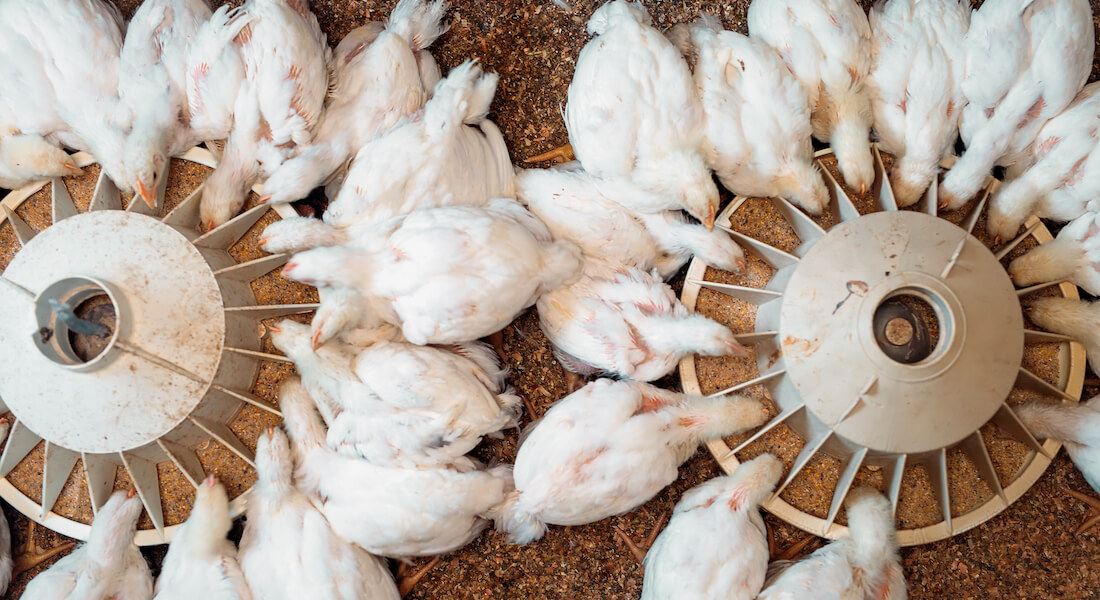
Market driven initiatives can improve broiler welfare – A comparison across five European countries based on the Benchmark method
Sandøe, P., Hansen, H. O., Forkman, B., van Horne, P., Houe, H., de Jong, I. C., Kjær, J. B., Nielsen, S. S., Palmer, C., Lottrup, H., Rhode, H., & Christensen, T. (2022)
Poultry Science. Elsevier
Abstract
Two kinds of initiatives exist to ensure welfare in broiler production: welfare legislation, where all broiler production in a country or region must comply with legally defined welfare standards; and market driven initiatives, where part of the production must meet specific welfare standards and is sold with a particular label, typically at a price premium, or as part of minimum welfare standards defined by a retailer, a fast-food chain or the like. While the effects of national legislation may be undermined by price competition from lower-welfare imported products, the effects of market driven initiatives may be limited by lack of willingness from consumers to pay the extra cost. To investigate how this works out in practice, we compared broiler welfare requirements in five European countries, Denmark, Germany, United Kingdom, the Netherlands, and Sweden, in 2018, by means of the Benchmark method. A number of welfare dimensions, covering the input features typically modified in broiler welfare initiatives, were defined. A total of 27 academic welfare experts (response rate 75%) valued the different levels within each dimension on a 0-10 scale, and then weighted the relative contribution of each dimension to overall welfare on a 1-5 scale. By combining these values and weights with an inventory of existing welfare initiatives, the additional welfare generated by each initiative was calculated. Together with information on national coverage of each initiative, the Benchmark score for each country's production and consumption of chicken meat was calculated. Sweden achieved a much higher Benchmark for national production due to higher legal standards than any of the four other countries. The Netherlands, on the other hand, achieved a Benchmark for national consumption of chicken at the same level as that found in Sweden, because market driven initiatives complemented more welfare-limited Dutch legislation. So, despite some uncertainties in the Benchmark method, it appears that market driven initiatives can have a strong impact on improving broiler welfare, building on those standards achieved by animal welfare legislation.
